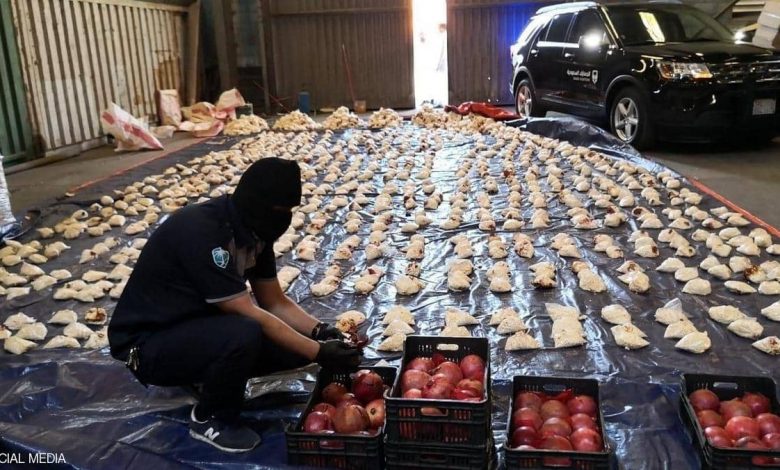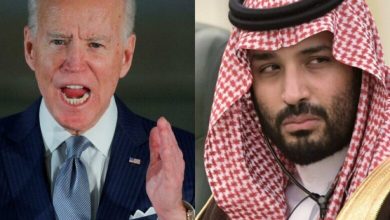Smuggling Captagon from Lebanon, a vast network run by princes of Al Saud

Smuggling Captagon pills from Lebanon to Saudi Arabia does not seem like a new thing, but its roots go back for many years.
Saudi Leaks succeeded in monitoring the events during the past years, as the Lebanese security services arrested on October 26, 2015, a Saudi prince and four other Saudis accompanying him.
In the largest operation at Beirut International Airport, the Lebanese security services seized the Saudi prince, two tons of narcotic pills on board a private plane.
According to the National News Agency, the plane was heading to Riyadh, with a large amount of Captagon pills on board, “forty bags.”
The Saudi prince was Abdul Mohsen bin Walid bin Abdul Mohsen bin Abdulaziz Al Saud of the ruling family and became known in Lebanon as the Prince of Captagon.
In April 2021, Riyadh announced that it had thwarted an attempt to smuggle 2.4 million narcotic pills from Lebanon. The smugglers had tried to deliver to the Kingdom within a pomegranate shipment.
At that time, Saudi Arabia decided to prevent the entry of Lebanese vegetables and fruits into or through its lands because of “their exploitation in smuggling narcotics into the Kingdom.”
On June 15, the General Directorate of the Internal Security Forces in Lebanon announced that they had thwarted the smuggling of 250,000 Captagon pills to Saudi Arabia, hidden inside small electric water pumps.
According to field sources collected by Saudi Leaks, princes from the royal family are involved in communicating with drug networks in Lebanon.
The sources said that the party responsible for agreeing on narcotic pills and transferring money are princes from the Al Saud family. Still, those who promote and sell are ordinary people and expatriates.
A Saudi source had revealed the “malicious” goals behind the decision to prevent Lebanese products from entering the territory of the Kingdom of Saudi Arabia.
The source explained to Saudi Leaks that the Saudi decision is not random but planned and studied, pointing out that the Saudi regime asked several countries to implement it.
He stated that there are several goals behind the new resolution, which are represented in isolating Lebanon politically and economically under the pretext of fighting and undermining the status of the Lebanese Hezbollah.
The source pointed out another Saudi goal behind this, which is to import agricultural products from Israel, which it exports to the UAE and then Saudi Arabia.
This was agreed by the Lebanese newspaper Al-Akhbar, which said that the shipment of pomegranates, which Saudi Arabia said contained 2.4 million narcotic pills, was nothing but a pretext for Riyadh to implement a political siege on Lebanon.
The Lebanese newspaper clarified that the “Kingdom of Goodness” decided to strike Lebanon with one of its few “privileges,” which are its limited agricultural exports.
“The harm was not limited to preventing its entry into Saudi Arabia, but even preventing its lands from being a passage for Lebanese goods, from Sunday until the date on which Crown Prince Mohammed bin Salman is satisfied with Lebanon, or is asked to do so.”
The tip of the iceberg of a political and economic siege aimed at destroying the temple above all its inhabitants, after Riyadh, in its alliance with the Zionist enemy, the United States of America and the rest of the “allies”, was unable to make the country a pure political protectorate for them.
Al-Akhbar says that Saudi Arabia indicated that it “appealed” to the Lebanese authorities to stop the smuggling operations without responding to its request.
However, diplomatic and security sources confirmed that “no one has contacted them or asked for coordination. And Saudi Arabia has not handed over any file related to the smuggling of Captagon.”





